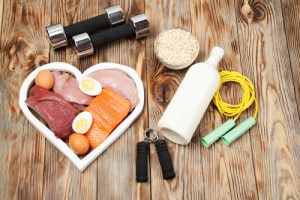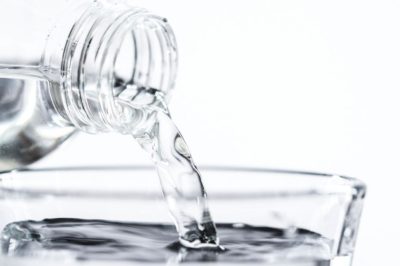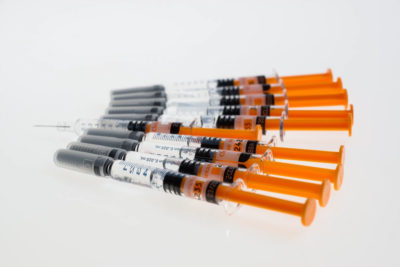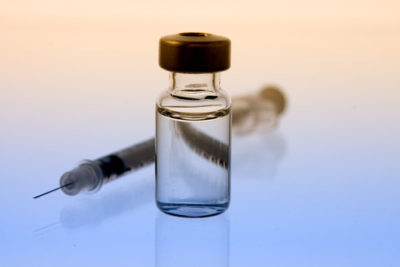Did you build a separate closet just for your hiking boot collection? Consider a weekend on the couch tantamount to a sentence at Riker’s Island? Is your idea of a fun date climbing to the top of El Capitan in record time (what’s 3,000 feet straight up when you’re in good company!)? So when it comes to your diet (for health or weight loss), how much protein is necessary for an active lifestyle? Let’s take a look at the age-old debate about carbs vs. protein for optimal fuel.
Protein & Weight Loss Diets
In its heyday, the Atkins diet espoused the weight loss benefits of behemoth servings of protein and animal fats. At this time, the diet almost entirely excludes carbohydrates—even vegetables and fruit—which were introduced later on in minimal amounts. Following this diet, the body enters into a state of ketosis. Ketosis is a metabolic process where ketones are eliminated in the urine that results when the body lacks enough glucose for energy. Some followers claimed that after some adjustment, they experienced higher energy levels than they’d had before the diet; a byproduct, they posited, of enormous amounts of protein.
Purveyors of other diets for weight loss claimed otherwise, however, affirming that balance is essential to optimal health. Although, athletes/active adults, pregnant/nursing women, and children may require more protein than those who are more sedentary. Protein is the main ingredient in muscle composition. So, the maintenance, repair, and growth of lean muscle mass depend on ample consumption of it. Inadequate protein amounts may result in fatigue, anemia, muscle weakness and immune system suppression. These conditions are sometimes present in endurance athletes who subscribe to the theory of prolonged increased carbohydrate intake over protein for fuel.
How Intense Is Your Workout?
Exercising involves the breaking down of muscles and repairing afterward. Experts say the length, frequency, and intensity of their workouts influence the protein needs of active people. Consequently, an adult who engages in forms of intense exercise several times a week needs more than the recommended daily protein amount. The daily amount should be 56 grams for men and 46 grams for women. An average-weight male who works out regularly would optimally require 80 grams of protein per day, for example. An active female, however, would need about 70 grams. Although, these figures can vary depending on sources.
When it comes to suggested sources of protein, experts recommend both complete and incomplete. The latter of which must be in combination with other foods to make complete proteins. Complete proteins include meat, fish, eggs, and dairy. However, incomplete proteins are plant-based and include rice, corn, beans and some vegetables. With an active lifestyle, and without enough protein, experts say the body could break down muscle tissue use it as energy. This breakdown could lead to atrophy or loss of muscle tissue.
Protein & Weight Loss Sources:







